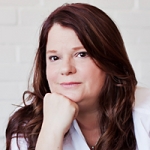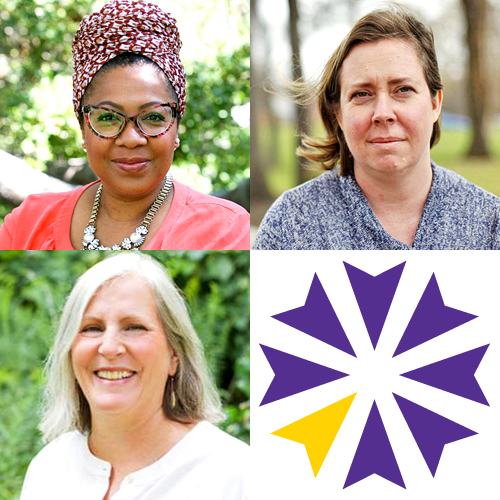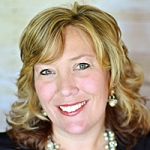 IBCLC Detailed Content Outline: Clinical Skills Focused CERPs - Section VII
IBCLC Detailed Content Outline: Clinical Skills Focused CERPs - Section VII
Access CERPs on Clinical Skills for the IBCLC Detailed Content Outline recertification requirements. Enjoy convenient on-demand viewing of the latest Clinical Skills focused IBCLC CERPs at your own pace.
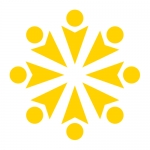

Felisha Floyd, BS, CLC, IBCLC, is currently Lactation Coordinator for Hospital Corporations of America system in Florida. She also offers infant feeding support, mentorship, and education to her local community via her private practice, Beyond Breastfeeding. Felisha is the founder of Our Brown Baby, a community based breastfeeding support group, which serves to provide specialized culturally sensitive breastfeeding support to families of color. In addition to these roles, Felisha is one of the founding mothers and current President of the non-profit The National Association of Professional and Peer Lactation Supporters of Color, affectionately known as "NAPPLSC". She is also a Center for Social Inclusion First Food Equity Cohort member. Previously, she worked as a Women, Infants, and Children (WIC) Breastfeeding Peer Counselor and Breastfeeding Coordinator.
Fueled by her professional and personal passions to ensure that all mothers have access to quality breastfeeding support and resources, Felisha has fervently pledged to reduce breastfeeding disparities in the African American community. To this end, she continually makes efforts to help increase breastfeeding rates in the African American community by unapologetically fighting that which contributes to racial health disparities. Fearlessly obsessive, she is affectionately known as the social media guru "Blactavist!" (Black Lactation Activist). This online community consists of approximately 38,000 supporters on Twitter, Facebook and Instagram, and is dedicated to empowering African American families to breastfeed.
Dianne Cassidy, MS, IBCLC, ALC, CCE, is a Lactation Consultant in Rochester, New York with Advanced Lactation Certification. Dianne works in Private Practice, and in a busy Pediatrician office supporting mothers and babies. She also teaches prenatal breastfeeding and childbirth in the hospital setting. In the fall of 2013, Dianne completed her MA in Health and Wellness/Lactation. She is dedicated to serving mothers and babies, and has the unique ability to identify with the needs and concerns of new mothers. Dianne has worked extensively with women who have survived trauma, babies struggling with tongue tie, birth trauma, milk supply issues, attachment, identifying latch problems, returning to work and breastfeeding multiples.
Dianne has 3 biological children, including twins, 3 step children and a wonderful husband. Dianne is an author and public speaker and enjoys teaching caregivers how to support new families through breastfeeding struggles.
Carmela Kika Baeza, MD, IBCLC, is a family medicine MD, bachelor´s degree in Public Health Education, and IBCLC since 2005. She is also a BFHI Evaluator and the current president of the Spanish Lactation Consultant Association (AECCLM). She works in a private Family Wellness Clinic, Raices, as person in charge of the lactation program, which includes two IBCLCs attending breastfeeding families and an extensive offer of breastfeeding training for health care professionals and breastfeeding peer counsellors. The team has trained over three thousand doctors, midwives and nurses from both the Spanish National Health Service and the private sector in Spain. She is a frequent lecturer at national conferences, and has also lectured internationally, both on-site and online. She is the author of several scientific papers on breast pain, mastitis and tongue tie. She is also the author of a breastfeeding/parenting book, “Amar con los Brazos Abiertos” (To Love with Open Arms). She is married to Carlos and they homeschool their four children.
Paulina Erices, BS, IBCLC, RLC, is the mother of three children, a bilingual Lactation Consultant (IBCLC) in private practice and Maternal Child Health Specialist for the Jefferson County Health Department in Colorado. She is originally from Chile and has lived in the US for almost 15 years. She holds a Bachelor of Science in Psychology from PennState and is currently completing her Masters of Science in Leadership and Organizations from the University of Denver. She has been a La Leche League Leader for 12 years where she has held different mother and Leader support roles across the US. She is a member of several groups working to improve child health and well-being, including the Early Childhood Colorado Partnership, the NICU Consortium, and the Community Leaders in Health Equity. Paulina's goal is to elevate and empower the voices of the community to effectively improve systems of care through advocacy and policy. Paulina lives in Littleton, Colorado where she spends her free time birding with her family and training her dog Aussie.
Fiona Lang-Sharpe, IBCLC, NAMCM, is a Birth Doula and International Board Certified Lactation Consultant in private practice in Edmonton, AB, Canada. Fiona has over 20 years of experience attending births, supporting mothers post partum, and offering lactation case management services. Having studied in England under the National Association of Maternal and Child Welfare, Fiona moved to Canada in 1989 and after having her first born son was accredited through La Leche League Canada as a Leader and went onto obtain her certification as an IBCLC. Fiona's experience in perinatal health along with her interest in technology and social media and passion for quality education makes her an excellent fit for GOLD Conferences International. Fiona is one of the first voices you'll hear as one of GOLD's online Master of Ceremonies, and is also often one of the first faces you'll see, online and in person, as she represents GOLD at industry events and via social media. Fiona is highly anticipating an expanding role with GOLD, as GOLD increases it online offerings.
The term “breastfeeding self-efficacy” gets thrown around a lot, but what does it really mean? How do we define it, why is it important and what can we be doing as lactation support providers to empower parents and have a positive impact on breastfeeding self-efficacy? Is there anything that we’re doing in our approach to breastfeeding support that is unintentionally having a negative impact? Does breastfeeding self-efficacy look the same for everyone, and how do we target marginalized communities? These are some of the questions that our experts will be tackling during the discussion with a goal of leaving listeners with concrete changes that they can immediately make to their own practice.

View Details / Enroll
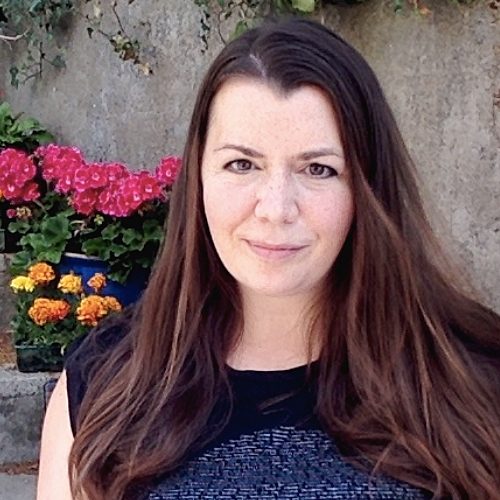
Breastfeeding Trauma: How Can We Recognise and Support Mothers Who Wanted to Breastfeed but Were Unable to Meet Their Goals?

Professor Amy Brown is based in the Department of Public Health, Policy and Social Sciences at Swansea University in the UK. With a background in psychology, she has spent the last thirteen years exploring psychological, cultural and societal influences upon infant feeding decisions in the first year. Her research seeks to understand how we can shift our perception of how babies are fed away from an individual mothering issue to a wider public health problem – with societal level solutions. Dr Brown has published over 60 papers exploring the barriers women face in feeding their baby during the first year. She is a mother to three human children and three book babies: Breastfeeding Uncovered: Who really decides how we feed our babies, Why starting solids matters, and The Positive Breastfeeding Book: Everything you need to feed your baby with confidence. She is a regular blogger, aiming to change the way we think about breastfeeding, mothering and caring for our babies.
Topic: Breastfeeding Trauma: How Can We Recognise and Support Mothers Who Wanted to Breastfeed but Were Unable to Meet Their Goals? - [View Abstract]
Topic: How Can We Better Support Mothers Don’t Meet Their Breastfeeding Goals? - [View Abstract]
Topic: What Do Normal Infant Feeding Patterns Really Look Like? - [View Abstract]
It is recognised that women can experience feelings of guilt, unhappiness and anger when they cannot meet their breastfeeding goals. Breastfeeding difficulties leading to early cessation are a risk factor for postnatal depression. However, research has not previously examined these feelings of loss and distress in relation to clinical models of trauma.
From a research study exploring the experiences of over 3000 women who stopped breastfeeding before they were ready and held negative emotions around this decision, I argue that a subset of these women are displaying symptoms of clinical trauma in relation to their experience. The trauma stems from physical experiences of a difficult breastfeeding experience, but also the loss of a much-desired breastfeeding relationship. The combination of these events leaves the individual traumatised and understandably reactive to the topic of breastfeeding.
Trauma models identify numerous emotions and behaviours that individuals typically display when they have been traumatised by an event. These include recurrent distressing recollections of the events, intense psychological distress at exposure to reminders of the event and efforts to avoid thoughts, feelings or activities that remind one of the event.

View Details / Enroll
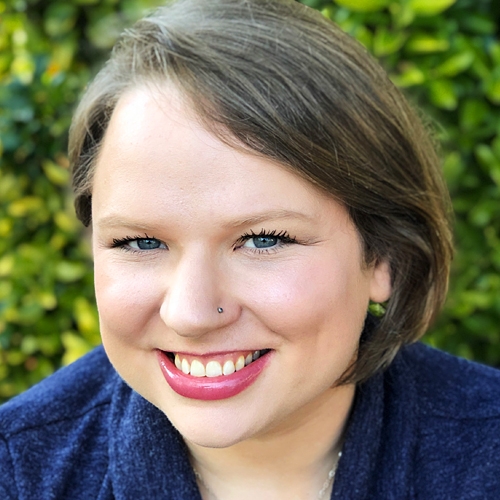
Breastfeeding Without Nursing: Why Do Some Breastfeeders Exclusively Pump and What Can We Do to Support Them?

Fiona Jardine is a PhD candidate at the University of Maryland’s iSchool where she is conducting pioneering research into the experiences of those who exclusively pump human milk, specifically focusing on the information they need, how they find it, and what they do with it. In addition, she is able to provide insights into many different aspects of exclusive pumping thanks to the breadth of the data she collected; follow along with her findings here: bit.ly/EPresearch. Fiona is also an Advanced Lactation Consultant and a postpartum doula so that she can provide the support that she believes is so desperately needed, especially in the fourth trimester. Find out more about Fiona, and the Universal Breastfeeding Symbol she designed, on her website: fionamjardine.com.
Exclusively pumping (EPing) provides a solution to some breastfeeding problems, while still providing most of the benefits of human milk. In addition, the prevalence of EPing is on the rise. However, there is a lack of data on EPing, especially concerning the reasons for EPing and the information and support needs of EPers. My study collected qualitative and quantitative data on these (and many other) topics from over 2,000 EPers; the findings indicate that EPers often get no or bad advice from their health/lactation care providers. This poor knowledge of and negative opinions about EPing often contribute to EPers feeling frustrated and unsupported. In addition, these undesirable experiences threaten both the initiation and duration of breastfeeding-via-EPing. This presentation focuses on the reasons why EPers breastfeed without nursing, their feelings about EPing, their information needs, and what lactation care providers can do to better support EPers.

View Details / Enroll
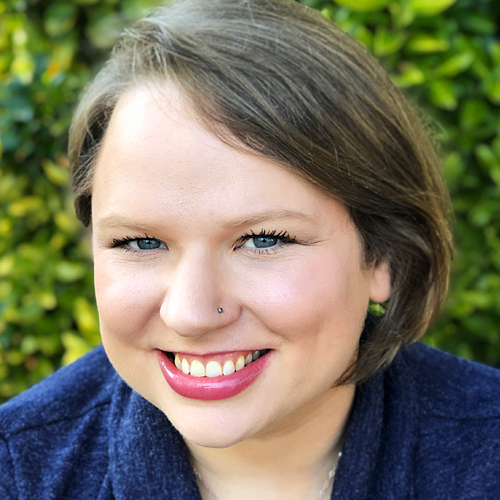
View Details / Enroll
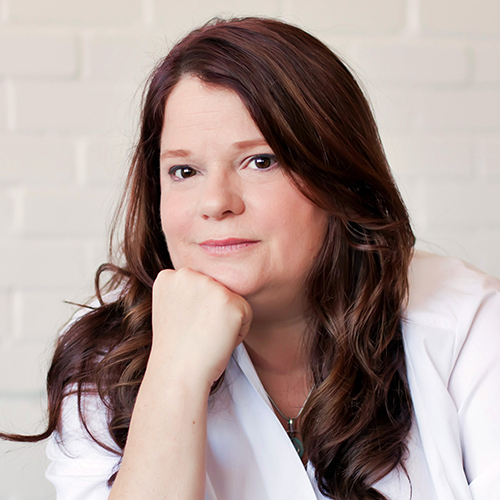

Barbara D. Robertson, IBCLC, has been involved in education for over 34 years. She received a Bachelor’s degree in Elementary Education in 1988 and her Master’s in Education in 1995. Barbara left teaching elementary students in 1995 to raise her two children. Barbara is now the Director of The Breastfeeding Center of Ann Arbor and of the brand new business LactaLearning.
The Breastfeeding Center of Ann Arbor will still continue to serve breast/chestfeeding families and now LactaLearning will be dedicated to all of Barbara’s professional lactation trainings. Barbara has developed two 95 hour professional lactation training, a group training and a completely self study training with Nancy Mohrbacher. Barbara’s idea of creating professional book groups has exploded with her hosting Making More Milk with Lisa Marasco, Supporting Sucking Skills with Cathy Watson Genna, Breastfeeding Answers, 2nd Edition with Nancy Mohrbacher, and new for the fall, Safe Infant Sleep with Dr. James McKenna. Barbara will be hosting a one day online conference in the fall with Lisa Marasco and Cathy Watson Genna using all of her tech savvy skills to make this a one of a kind experience. Barbara is also a speaker for hire on a wide variety of topics including Motivational Interviewing. Barbara volunteered for the United States Lactation Consultation Association as the Director of Professional Development for 4.5 years.
She just retired as Associate Editor for Clinical Lactation, a journal she helped create for USLCA. Barbara has free podcasts, a blog, and Youtube videos which can all be found on her websites lactalearning.com and bfcaa.com. She has written many articles as well. She loves working with parents and babies, helping them with breast/chestfeeding problems in whatever way she can.
Topic: Breastfeeding: Baby’s First Milestone - [View Abstract]
Topic: Clinical Assessment and Management of Low Milk Production - [View Abstract]
Topic: Deconstructing Online Messaging: Ethical Considerations - [View Abstract]
Topic: Milk Sharing and Milk Banking: Building Knowledge for Better Outcomes - [View Abstract]
Topic: The Baby's Not Gaining Weight! Now What? - [View Abstract]
Topic: The Great Nipple Shield Debate - [View Abstract]
Breastfeeding is widely acknowledged as being the healthiest way to feed an infant for at least two years. In the United States of America, the CDC 2014 Breastfeeding Report Card states that 79.2% of mothers start out breastfeeding. However, as the babies get older, these numbers plummet. Only 49.4% of these babies are receiving any breastmilk by 6 months of age. We know from the literature that the primary reasons mothers stop breastfeeding in these early months are pain and worrying about their breastmilk supply. These are problems with solutions if the proper support is in place. Why is this support lacking? Is it because for all of the talk, “breast is best”, the importance of breastfeeding is not really valued? What if successful breastfeeding was reframed into a milestone? Baby’s first milestone? This presentation will explore other milestones, walking, talking, and learning to read, and what happens if babies and young children are not reaching these markers in a reasonable time frame. What support systems are in place to help these milestones be achieved if babies are faltering? The possible reasons for a baby not being able to breastfeeding and possible solutions will then be examined from the lens of having proper support systems in place.

View Details / Enroll
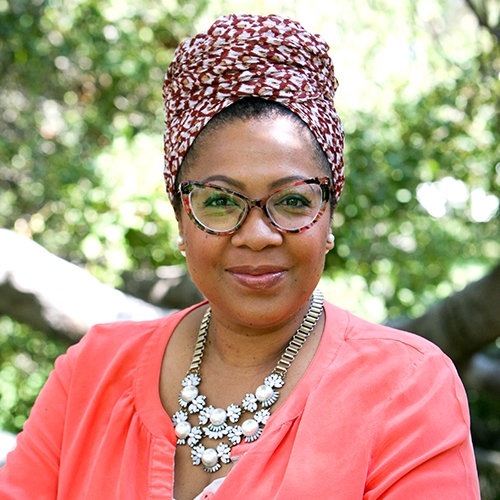
BreastSide Manner: A Patient-Centered Approach to Lactation Support

Nekisha Killings is an equity strategist, internationally board-certified lactation consultant, and maternal and child health advocate who speaks, teaches, and facilitates on topics related to equity and dismantling bias across various sectors.
When she is not home educating 4 future world changers, she acts as a Director of Equity, Inclusion and Belonging at Lactation Education Resources and consults organizations on creating and implementing strategies to better support marginalized communities.
Nekisha holds a Masters in Public Health and penned the chapter titled Cultural Humility in the latest Core Curriculum for Interdisciplinary Lactation Support text. Nekisha is on a mission to normalize brown breasts and nipples in health education, thereby better equipping healthcare providers to accurately assess and treat people of color.
Nekisha's work is rooted in a compassion and candor that could only have been cultivated in years of supporting new parents during their first days of parenthood. Nekisha is an active duty military spouse who has been awarded the Spouse of the Year designation for her volunteer efforts supporting families.
Topic: Breast Assessment and Non-White Skin Tones - [View Abstract]
Topic: BreastSide Manner: A Patient-Centered Approach to Lactation Support - [View Abstract]
Topic: Marching Orders: Developing Practical and Impactful Care Plans - [View Abstract]
Warm and empathic bedside manner is a lost art in provider-patient interactions. Be it time constraints, systemic limitations, lack of trust or training, the disconnect is apparent and the consequences are grave. In this talk, lactation support providers have an opportunity to learn how to be intentional in their approach to care in a way that honors the patient and their needs while also meeting them where they are. This talk will consider attitude, cultural, language, and other factors that might have traditionally impeded communication or relational connection in order to get to the heart of drawing lines of trust and respect between Patient and provider.
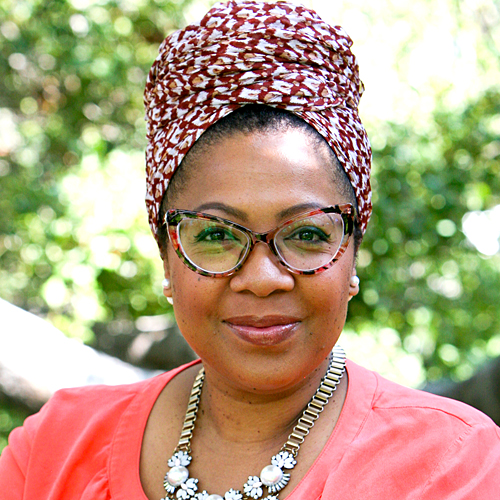
View Details / Enroll
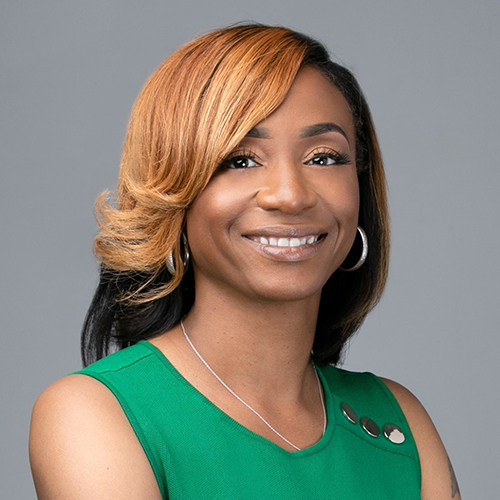
Bridging the Gap: Case Studies in Community Based Lactation Care

Shonte' Terhune-Smith is an International Board Certified Lactation Consultant, postpartum doula and health educator. Over the past 10 years, she has worked diligently in Genesee County to increase breastfeeding rates. She has worked for WIC, in the hospital as a lactation intern and at various pediatric and obstetrician clinics, promoting and educating women about breastfeeding. Normalizing breastfeeding is her passion. Shonte' is the owner of, You Overcoming Lactation Obstacles (YOLO). She empowers and provides timely, culturally competent, evidence-based breastfeeding support and services to Genesee County families and surrounding areas. Shonte' understands that breastfeeding works better when the mother has a village of support to overcome the barriers families face. She is also co-founder of Southeast Michigan IBCLC's of Color.
While breastfeeding initiation rates have increased over the years, there continues to be disparities in duration rates, specifically amongst black and brown families. After families are discharged from the hospital, there is a gap in connecting with equitable outpatient resources. Follow-up appointments after hospital discharge may be days or sometimes weeks away and in that time, difficulties with latching, engorgement, weight loss, and other issues, can spiral out of control. This presentation will demonstrate how these gaps can be bridged with referrals and partnerships with hospitals and providers, with case studies that show how they can positively impact breastfeeding outcomes.
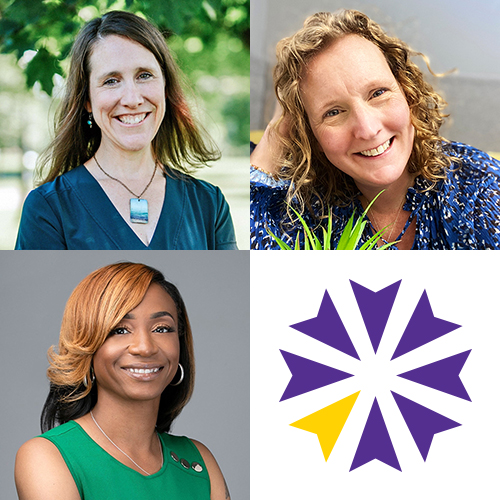
View Details / Enroll
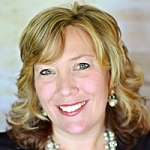
Bridging the Gaps to Provide a Continuum of Care

Christy Jo has over 25 years of teaching experience. She is passionate about teaching in ways that simplify learning. She has been awarded the United States Presidential Volunteer Award for her community service, the Phyllis Klaus Founder's Award for her contribution to the Mother/Baby bond and the Above and Beyond Award for innovative projects that exemplify the mission of Public Health. She has also been named Lactation Educator Faculty of the Year from Childbirth and Postpartum Professionals Association and earned their Visionary Award in 2015. Christy Jo is the author of Mommy Feeds Baby and co-author of Making Milk. She created the Grow Our Own Lactation Consultant/IBCLC Prep Course which has been used to train hundreds of students to become Lactation Consultants. She currently resides in California with her husband and three children. She continues to serve her community as a birth doula, Private Practice IBCLC, Health Educator for Public Health, and faculty for the CAPPA CLE© and Childbirth Educator Programs.
Topic: Enhanced Counseling Skills for the Lactation Educator - [View Abstract]
Topic: Expanding Our Audience to Gain Greater Appreciation and Acceptance of Breastfeeding - [View Abstract]
Topic: Sharing Your Wisdom: From Abstract Idea to Awesome Prenatal Breastfeeding Class - [View Abstract]
Topic: The Art of Communication: Simplifying Birth and Breastfeeding - [View Abstract]
Promoting collaborations among caregivers and healthcare providers to ensure consistent and continual breastfeeding support.
This talk uses humor and scenarios to point out the necessity that those entrusted with a family’s care be professional, inclusive and open in order to provide the best support possible.

View Details / Enroll
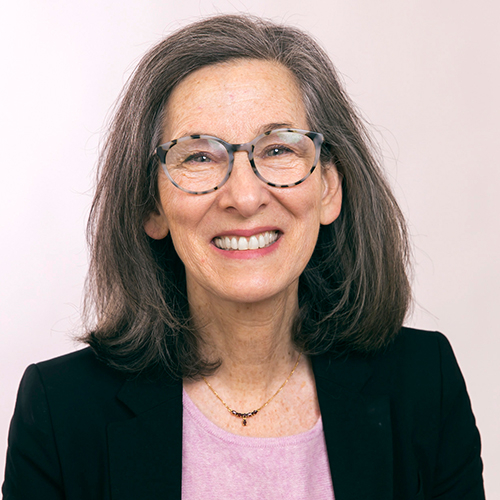
Building a Clinical Tongue-Tie Care Plan Families Can Work With

Gina has been assisting breastfeeding mothers for over 20 years, and now through telehealth all over the world. She knows that while most pregnant mothers expect to breastfeed, very few receive proper preparation for the difficulties and the rollercoaster of emotions when there are problems.
When Gina had her first baby, like many new mothers she was overwhelmed by conflicting information: at the hospital, the pediatrician’s, and from well-meaning friends and family.
Her appreciation of the volunteer support she received led her to want to “pay it forward” and help others. She first trained as a volunteer LLL Leader in Houston, Texas, then as a birth doula in Amsterdam, The Netherlands, and finally sat for the exam to become an IBCLC in Seville, Spain. She continues to lead monthly breastfeeding support meetings online and in-person.
Gina believes that all mothers deserve quality emotional and educational support. It should not be just a matter of good luck. She's dedicated to giving effective guidance and caring support with real results. Her greatest satisfaction is the joy of seeing that look on both mothers’ and babies’ faces that says: Just what I always wanted!
When tethered oral tissues (TOTS) are impacting feeding, a care plan must be tailored to the unique circumstances of the parent(s), the baby and the reality of their environment. Parents are often feeling overwhelmed and desperate and from the moment of our initial consult, our nurturing care and guidance provide safety and relaxation. When parents feel understood, they often cry and release a massive amount of stress. The flow of oxytocin and endorphins can soothe their emotional pain as they begin to trust that help is possible. We calmly identify areas needing attention, we prioritise them, and we find out what is most easily doable for the parent(s) among the top priorities. Each step of the care plan offers choices (in regards to feeding, positioning, milk supply, exercises, etc) that will positively impact both the wellbeing and the feeding experience. We help parents to understand that feeding is a whole body activity and that an improvement in any area gives ripples of improvement in the others. We make adjustments as needed, and the changes begin to flourish. We replace fear and confusion with confidence and flexibility. Parents understand “the why” of each step and begin to enjoy that they themselves are driving the positive change!
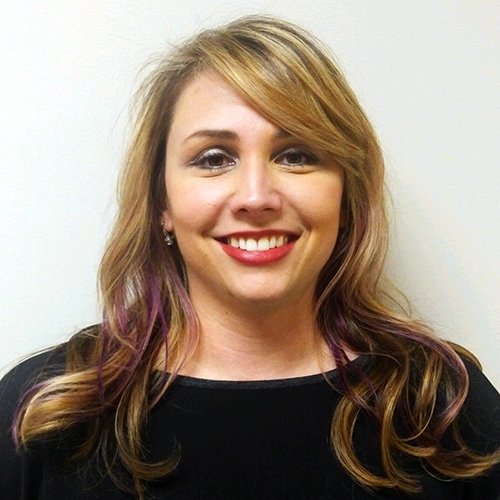
Building a Successful Breastfeeding Program in the NICU: Challenges and Practical Solutions

Amber Valentine is a Speech-Language Pathologist who graduated from the University of Kentucky with her MS in Communication Disorders. She is a Board Certified Specialist in Swallowing and Swallowing Disorders and an International Board Certified Lactation Consultant, as well as a Certified Neonatal Therapist (CNT). She worked for Baptist Health Systems, Inc for 8 years before moving to Florida where she worked for Wolfsons Children’s Hospital and Mayo Florida. She is now back in Kentucky working for Baptist Health Lexington. She has experience in adults and pediatrics with feeding and swallowing difficulties including: bedside swallow evaluations, Modified Barium Swallow studies, FEES, and pediatric feeding evaluations including NICU. She has experience with head and neck cancer patient including evaluation and treatment of swallowing difficulties, PMV use, and voice after total laryngectomy including TEP. She has provided guest lectures for the University of Kentucky, Eastern Kentucky University, and the University of Louisville on feeding and swallowing topics. She has presented at the hospital, local, state, national, and international levels on pediatric feeding/swallowing and breastfeeding.
Topic: Breastfeeding Medically Complex Infants in the Neonatal ICU - [View Abstract]
Topic: Building a Successful Breastfeeding Program in the NICU: Challenges and Practical Solutions - [View Abstract]
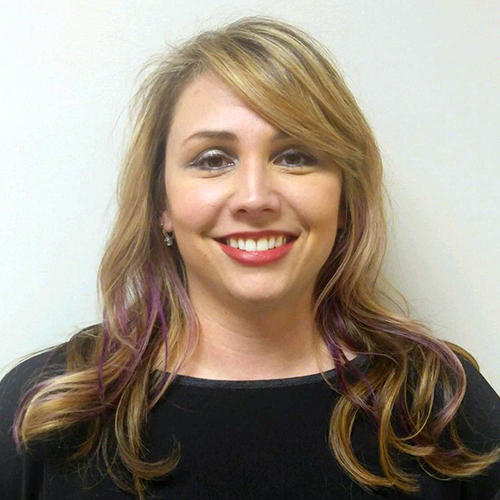
View Details / Enroll
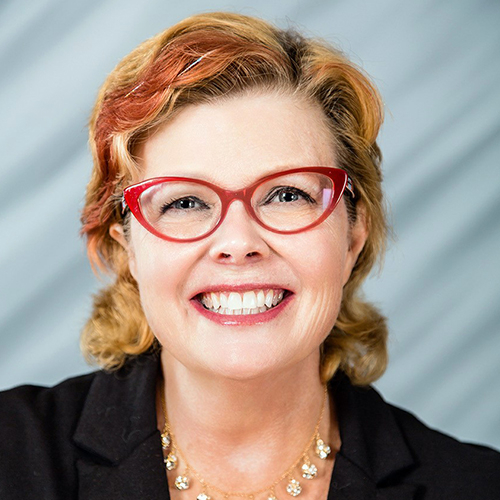
Burnout, Compassion Fatigue and Self-Care for Members of the Perinatal Team

Dr. Kendall-Tackett is a health psychologist and International Board Certified Lactation Consultant, and the Owner and Editor-in-Chief of Praeclarus Press, a small press specializing in women's health. Dr. Kendall-Tackett is Editor-in-Chief of the journal, Psychological Trauma and was Founding Editor-in-Chief of Clinical Lactation, a position she held for 11 years. She is Fellow of the American Psychological Association in Health and Trauma Psychology, Past President of the APA Division of Trauma Psychology, and a member of APA’s Publications and Communications Board.
Topic: Breastfeeding Helps Mothers Overcome the Legacy of Abuse and Adversity: It Makes All the Difference - [View Abstract]
Topic: Burnout, Compassion Fatigue and Self-Care for Members of the Perinatal Team - [View Abstract]
Topic: Burnout, Secondary Trauma, and Moral Injury in Perinatal Care Providers - [View Abstract]
Topic: Does Breastfeeding Protect Maternal Mental Health? The Role of Oxytocin and Stress - [View Abstract]
Topic: Lessons to Learn from Fed Is Best: How Can We Improve Our Care? - [View Abstract]
Topic: Mother-Infant Sleep Location: It's Not as Simple as it Seems - [View Abstract]
Topic: Trauma and Breastfeeding: Working Effectively with Trauma Survivors - [View Abstract]
Topic: What’s New in Postpartum Depression? A Summary of Current Findings - [View Abstract]
Working in perinatal care can be deeply rewarding. It can also lead to job-related burnout and secondary traumatic stress. Secondary traumatic stress, or compassion fatigue, can occur when witnessing traumatic events in the workplace. This can occur when witnessing infant death or traumatic births, or when there is too much work, or work that doesn’t seem to make a difference, and little institutional support. A recent survey by AWHONN of 464 Labor & Delivery nurses found that more than a third reported moderate-to-severe symptoms of traumatic stress as a result of incidents they encountered on the job. This has serious implications for both patients and providers. Burnout and Compassion fatigue/secondary traumatic stress can lead to physical and mental health sequelae for professionals who experience them. It can also have a negative impact on the care provided. Self-care is essential for being able to provide care to others. In this seminar, participants will learn about the causes and consequences of both burnout and secondary traumatic stress/compassion fatigue. The good news is that there is hope for recovery. Participants will learn some specific strategies for integrating self-care into their care for others.

View Details / Enroll






